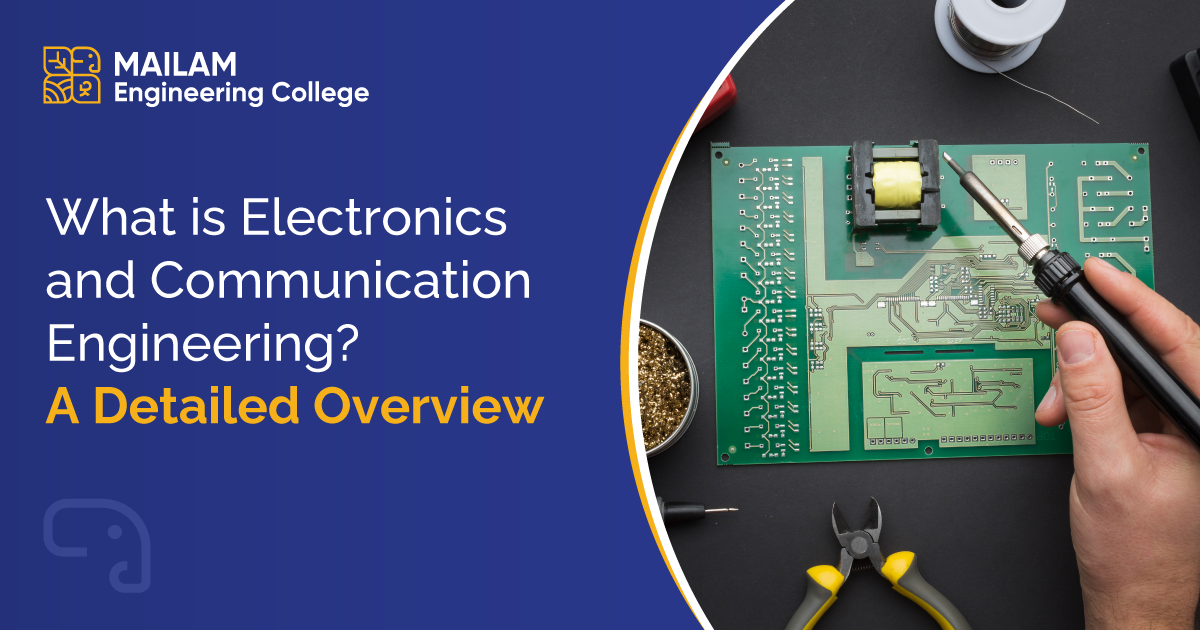Introduction to the Mechanical World:
Mechanical Engineering is one of the oldest and most versatile disciplines of the technical field. It is a branch of engineering where math and physics meet creativity. From a simple wheel to a modern-day robot, it has played an important role in the development of society. Being a mechanical engineer is like being a part of the progressing world.
It is a branch that requires you to think from the first principles. With a solid foundation in mathematics and a passion for machines, mechanical engineering will feel like home. The only affirmation that mechanical engineers believe in is — If you can imagine it, then you can build it.
Range of the field:
Mechanical engineers have to design, build, and test mechanical devices and systems. In recent years, mechanical engineering has expanded beyond its traditional roots. Now, it covers everything from Aerospace and nuclear engineering to energy systems and robotics.
Let us explore the length and breadth of the field.
1/ Diverse Applications:
The range of the field provides mechanical engineers with a lot of opportunities in various industries. Whether you are passionate about designing eco-friendly vehicles, advanced automation, or sustainable energy solutions, a B.E. in Mechanical, will provide you a pathway to success.
2/ Interdisciplinary Nature:
Mechanical engineering is a branch of engineering that overlaps with other disciplines like electrical, electronics, and civil. This promotes collaboration and increases the scope of work.
For example, designing a robot requires the knowledge of both electronic and mechanical systems. An electric car is a classic example of the combination of mechanical and electrical engineering.
3/ Sustainable Engineering:
Sustainable engineering is a long-term scientific approach for a better tomorrow. It is the use of available resources without compromising the future or depleting them for the next generations. Since sustainability is the primary focus of the world, engineers have adopted the ‘Think Green’ mindset.
Career Trajectories of a Mechanical Engineer:
1/ Aerospace Engineer.
Aerospace engineers focus on the design, development, and testing of aircraft and spacecraft. It is a field that involves a lot of precision.
Top skills:
- Analytical skills for structural analysis.
- CAD.
- Project management.
2/ Automotive Engineer.
Automotive engineer deals with automobiles. The role of the engineer is to design, develop, and manufacture vehicles. With the Internet of Things, automobiles are becoming electromechanical systems as a whole.
Top skills:
- Programming languages- R, MATLAB.
- AUTOCAD
- Operational analysis.
3/ Nuclear Engineer.
Nuclear engineering is the use of nuclear energy and radiation to produce energy, develop medical treatments, and conduct nuclear research. The most prominent application of the discipline is the generation of electricity. A Nuclear engineer works in large nuclear power plants and research labs.
Top skills:
- Power management.
- Safety control and analysis.
- Operation and maintenance.
4/ Instrumentation and Control Engineer.
Instrumentation engineering is a field that is responsible for the smooth operation of control systems. As an instrumentation engineer, you work on the design and development of instruments that help machines and processes to work with accuracy.
Top skills:
- Calibration and measurement.
- Knowledge of Control systems
- Process control.
5/ Robotics Engineer.
Robotics is an advanced engineering discipline that builds robots. It involves the knowledge of electrical, mechanical, and electronic systems. Industrial automation with the use of robots has improved productivity, quality, and safety in manufacturing and processing.
Top Skills:
- AUTOCAD.
- Testing.
- Calibration of instruments.
- Implementation.
6/ Mechatronics Engineer.
Mechatronics engineering is a hot trend in the technical world. It is a combination of mechanical and electronics engineering. A mechatronics specialist deals with robotics and control systems in large factories. The key responsibility of a mechatronics engineer is to create and improve intelligent systems for automation.
Top Skills:
- Problem-solving ability.
- Design and development.
- Testing.
M.E.E (Mechanical Engineer Experience):
Mechanical engineering work is the manifestation of human imagination. From developing renewable energy systems to creating life-saving medical devices, mechanical engineers literally ‘drive the world forward’. Moreover, the problem-solving and the creative aspects of the field make the M.E.E incredibly fulfilling. Being a mechanical engineer means witnessing the world’s progress and knowing you are a driving force behind it.
The financial rewards of being a mechanical engineer are pretty good as well. The entry-level positions come with competitive salaries and a lot of potential for career growth with a proportional hike in salary. You cut competition as you advance in the field with specialization and experience.
Mechanical engineering has a demand across countries. According to the U.S. Bureau of Labor Statistics (BLS), the jobs for mechanical engineers are projected to grow by 10% from 2022 to 2033.
Top companies recruiting M.E
When it comes to government jobs and working in large MNCs, mechanical engineers can enjoy the best of both worlds. Fueled by government initiatives like Make in India, the demand for mechanical engineers is on the rise. You can be a part of this growth by working with leading PSUs or MNCs. Here is a list of top recruiters in the field.
- Tata Motors.
- Mahindra & Mahindra.
- L&T.
- Bharat Heavy Electricals Limited (BHEL).
- ONGC.
- Hero Motocorp.
- ABB India.
Mechanical engineering is a field that spreads across multiple industries. Hence, it is difficult to specify the exact no of industries where mechanical engineers play a vital role. For example, the skills required by a robotics engineer are similar to a mechatronics specialist. The table gives a brief idea about some major mechanical engineering industries.
| Automotive | Defense |
| Healthcare | Energy and environmental |
| Aerospace | Robotics |
Why choose Mailam Engineering College (MEC)?
Mailam Engineering College is built on a 42-acre campus in the Villupuram district of Tamil Nadu. It is AICTE approved, and accredited by the National Board of Accreditation, New Delhi (NBA). One of the top-ranking colleges in Tamil Nadu, it stands out as the only college accredited by TCS in the Villupuram, Cuddalore, and Tiruvannamalai districts.
With a 95% placement record in 2023-24, MEC has gained a reputation for consistent placements. Not only that, the financial aid program makes the college affordable for every family.
Key Takeaways
- Mechanical engineering as a career offers diverse job opportunities and attractive salaries.
- It plays an important role in the sustainable development of the world.
- In an Infrastructure-driven world, mechanical engineers will always be in demand.
- The versatility and breadth of the field ensure career growth.
- MEC is dedicated to creating innovative engineers who can contribute to sustainable growth.
Frequently Asked Questions (FAQs):
1/ What is the salary range of a Mechanical Engineer?
The salary of a Mechanical engineer ranges between 4.5 to 8 LPA.
2/ What is the highest average annual salary of a mechanical graduate?
The highest entry-level salary of a mechanical engineer is approximately in the range of 15-19 LPA.
3/ What do mechanical engineers study?
- Engineering Mathematics.
- Basic Electrical and Electronics(BEE).
- Engineering Graphics.
- Applied thermodynamics.
- Fluid mechanics.
- Strength of materials.
4/ What are the most important skills required for being a mechanical engineer?
Knowledge of CAD, technical and analytical skills, problem-solving ability, and project management.
5/ Who are the top recruiters of mechanical engineers in India?
The list of top companies in India that hire mechanical engineers in India are as follows,
- Tata Motors.
- L&T.
- BHEL.
- Mahindra & Mahindra.
- General Motors.
- Thermax.
- Hero Motocorp.












